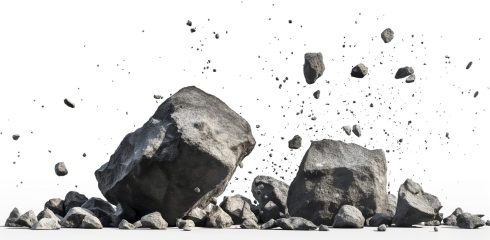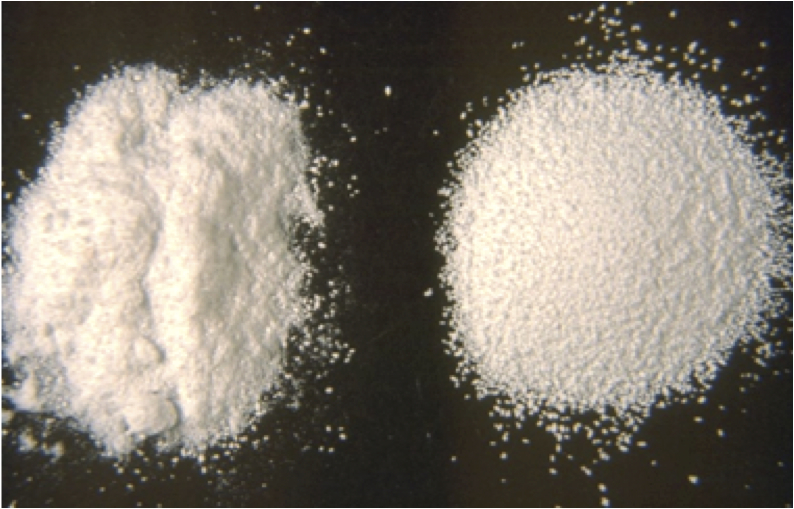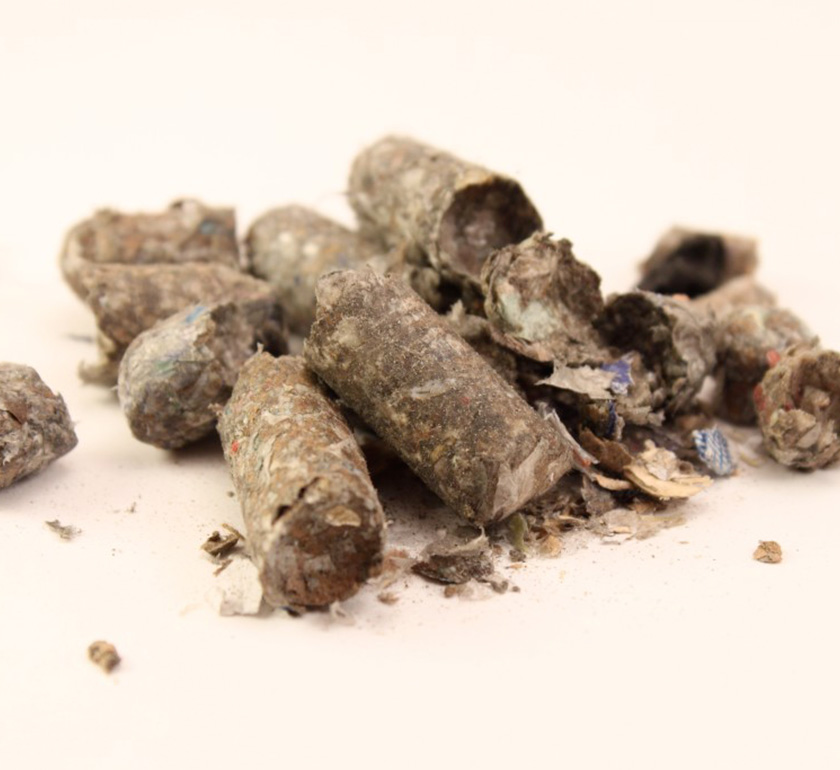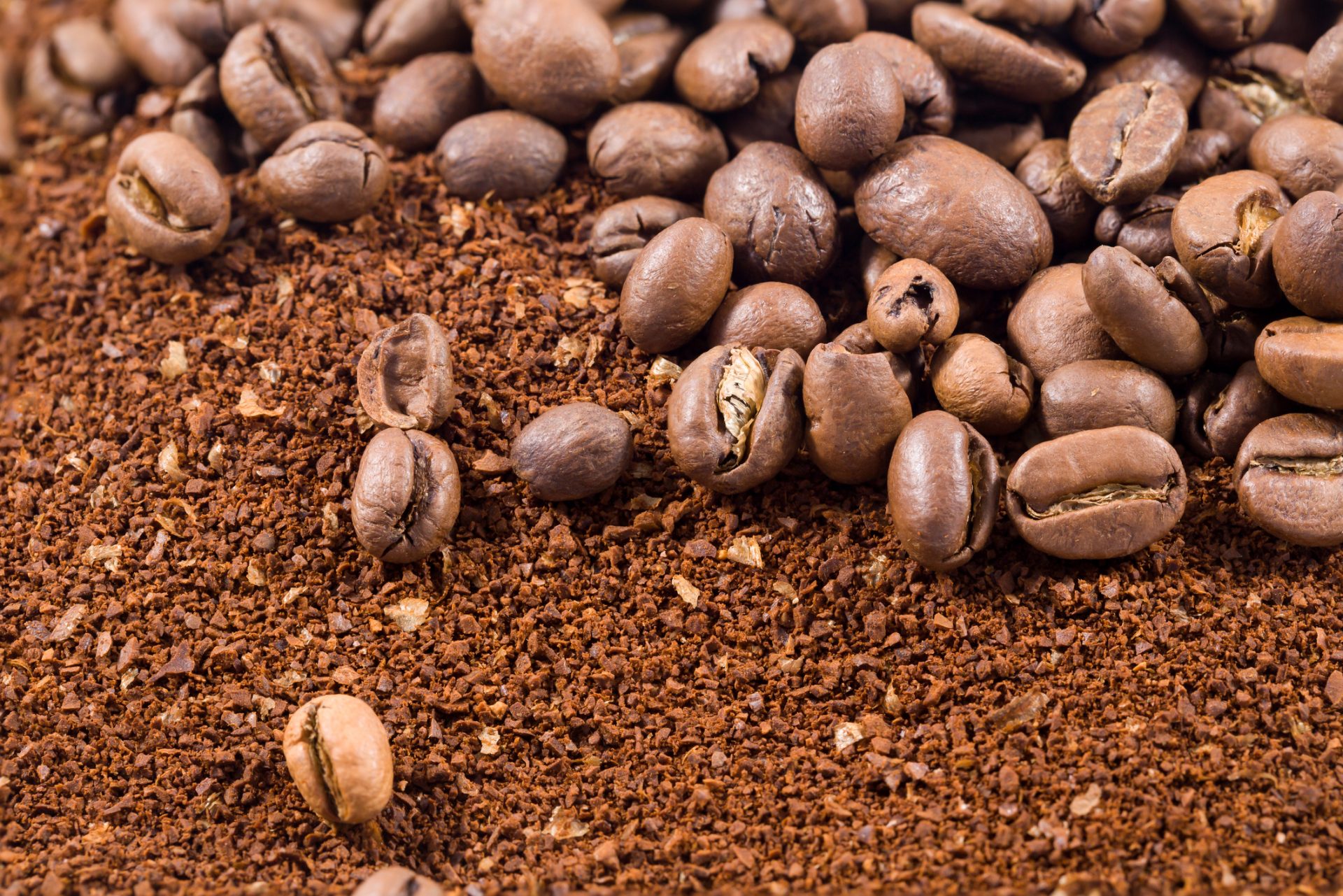 Webinar – Yığın Malzeme Taşımacılığı Bilimine Giriş
Webinar – Yığın Malzeme Taşımacılığı Bilimine Giriş
Overview
Why Particle Attrition Testing?
Particle attrition results with friable bulk materials, such as plastic pellets, coffee beans, fertilizer granules and other agglomerated solids, during routine handling.
Particle attrition can be caused by variety of mechanisms including compression, impact, and shear. The effects can be costly, such as increased dusting, powder caking, reduced solubility, decreased product performance, degraded appearance, or even creation of safety hazards like dust explosions.
Typical factors affecting particle attrition include:
- Particle hardness
- Particle shape and size
- Energy of particle impact
- Surface impact
- Particle bed impact
- Surface hardness and roughness
- Particle chemistry
- Propensity to melt or smear

Granulated sugar turned into powder sugar do to attrition during handling.

Animal feed pellets often pose handling issues due to a propensity for breaking and creating fines.






